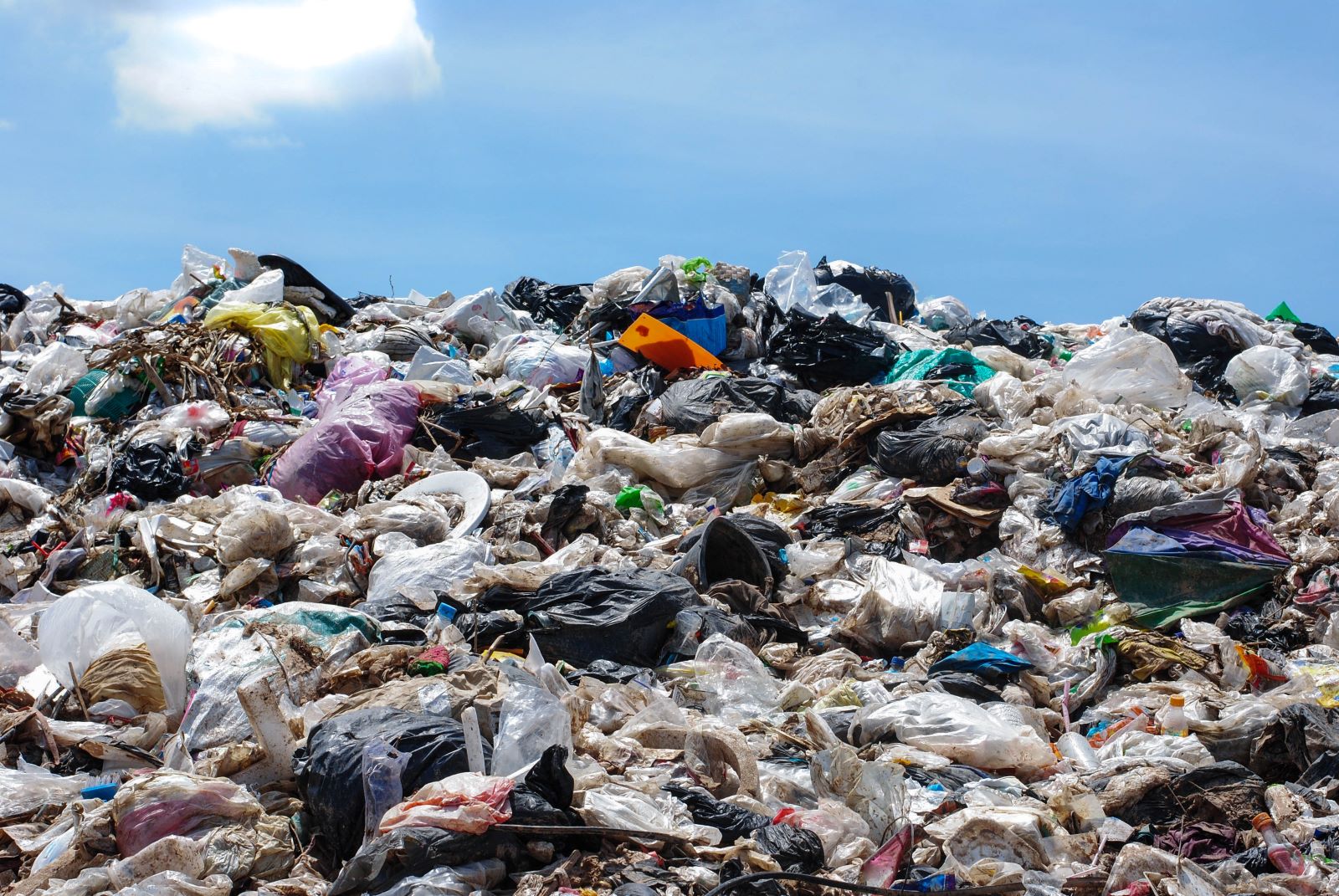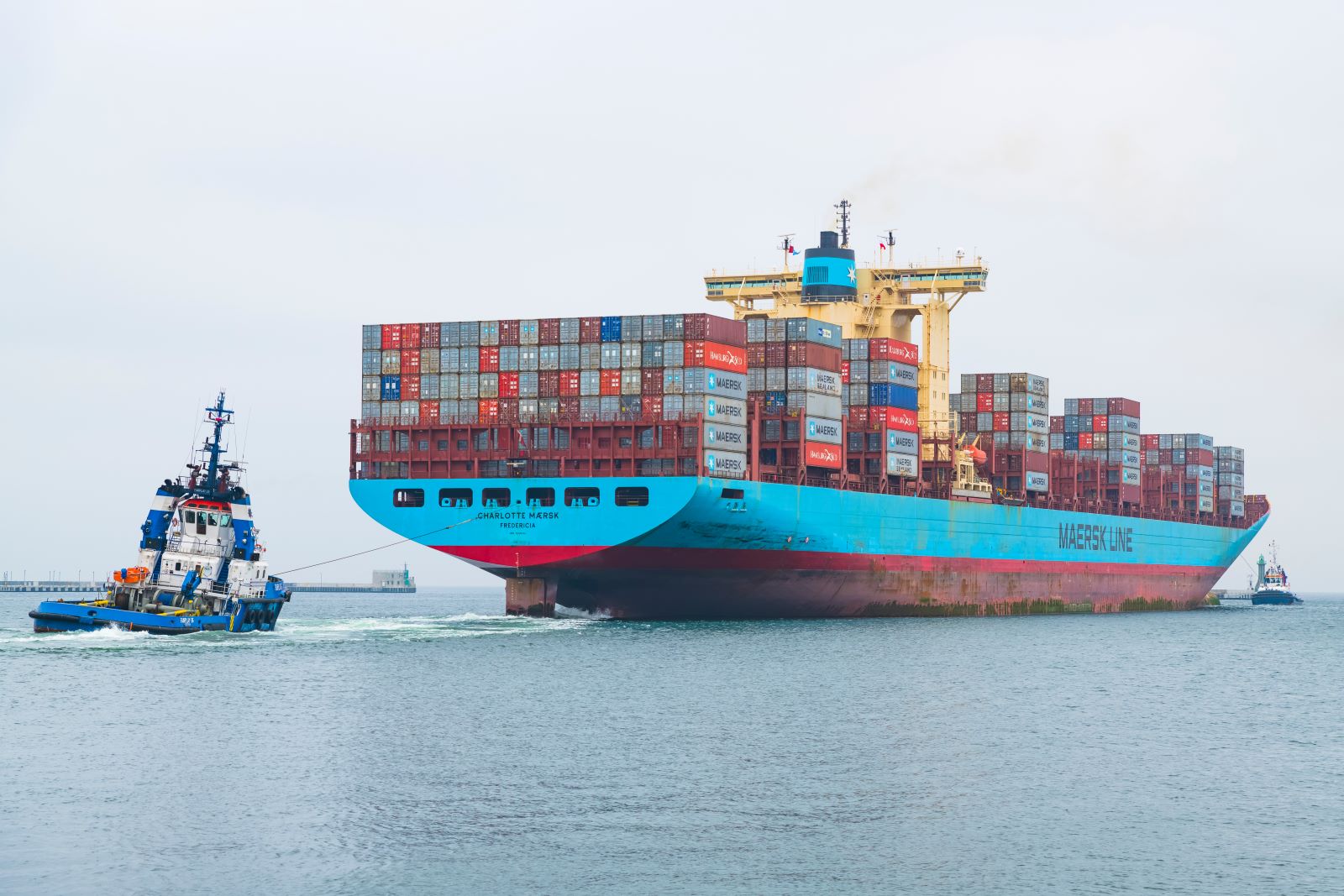Fast fashion might be easy on your wallet at first glance, but the true cost is far more expensive than you might realize. Here are 18 truths revealing the hidden costs of this industry, impacting both you and the workers behind your clothes.
1. Poor Quality Leads to More Purchases

Image Credit: Shutterstock / gabriel12
Fast fashion items are often made with cheaper materials and rushed production techniques, which means they wear out quickly. You end up buying replacements sooner, increasing your total spending.
2. Environmental Cleanup Costs

Image Credit: Shutterstock / pingphuket
The fast fashion industry is a major polluter of waterways due to the dyes and chemicals used in manufacturing. Taxpayers often bear the cost of cleaning up environmental damage.
3. Textile Waste

Image Credit: Shutterstock / neenawat khenyothaa
Millions of tons of unsold or discarded clothing end up in landfills each year, contributing to environmental pollution and increased municipal waste management costs.
4. Carbon Footprint

Image Credit: Shutterstock / TheHighestQualityImages
The global textile industry emits more greenhouse gases than international flights and maritime shipping combined, contributing significantly to climate change.
5. Water Overconsumption

Image Credit: Shutterstock / Ostariyanov
The production of fast fashion items consumes large amounts of water. For example, it can take up to 2,700 liters of water to produce a single cotton shirt.
6. Exploitative Labor Practices

Image Credit: Shutterstock / Studio Romantic
Many workers in the fast fashion industry are paid minimal wages and work in poor conditions to keep production costs low and turnaround times quick.
7. Health Costs for Workers

Image Credit: Shutterstock / Halfpoint
Exposure to harmful chemicals and long working hours without adequate protection lead to serious health issues for workers, often without access to adequate medical care.
8. Economic Instability for Producers

Image Credit: Shutterstock / Rawpixel.com
Fast fashion brands frequently switch suppliers to chase lower costs, leading to economic instability in developing countries that depend on garment production.
9. Loss of Traditional Skills

Image Credit: Shutterstock / Iryna Imago
As mass-produced fashion becomes the norm, traditional clothing techniques and local textile industries decline, leading to a loss of cultural heritage.
10. Increased Consumerism

Image Credit: Shutterstock / Billion Photos
Fast fashion encourages a throw-away culture due to its low prices and constant turnover of styles, which perpetuates wasteful spending habits.
11. High Repair Costs

Image Credit: Shutterstock / Ceri Breeze
Cheaply made garments are more difficult and often not worth the cost to repair, leading to increased waste as items are more frequently thrown away instead of mended.
12. Human Rights Violations

Image Credit: Shutterstock / Andrey_Popov
There are widespread human rights violations in the fast fashion industry, including child labor and forced labor, particularly in regions with weak labor laws.
13. Price Volatility

Image Credit: Shutterstock / Gumbariya
The dependency on global supply chains makes prices and availability of fast fashion items susceptible to fluctuations, affecting affordability and economic stability.
14. Dependency on Non-Renewable Resources

Image Credit: Shutterstock / Oleksandr Berezko
Fast fashion relies heavily on petroleum for synthetic fibers like polyester, contributing to depletion of non-renewable resources and environmental degradation.
15. Impact on Local Businesses

Image Credit: Shutterstock / simona pilolla 2
Local tailors and small-scale apparel manufacturers often cannot compete with the low prices of fast fashion, leading to business closures and loss of community economic diversity.
16. Short Fashion Cycles

Image Credit: Shutterstock / JLco Julia Amaral
The rapid cycles of fashion trends propagated by fast fashion brands make garments quickly ‘out of style,’ prompting more purchases and further waste.
17. Deceptive Marketing Practices

Image Credit: Shutterstock / Anneleven Stock
Fast fashion companies often engage in greenwashing, marketing themselves as sustainable while making minimal actual changes to their environmentally damaging practices.
18. Social Disconnection

Image Credit: Shutterstock / Ekateryna Zubal
The relentless pursuit of the latest fashion trends at low prices undermines social connections and community values centered around sustainability and ethical responsibility.
The True Cost

Image Credit: Shutterstock / Viacheslav Nikolaenko
When you add up these hidden costs, it’s clear that the price of fast fashion is much higher than the tag suggests. Opting for quality over quantity, supporting sustainable brands, and valuing craftsmanship are steps toward a more responsible approach to what we wear.
Oil Dumping Scandal Rocks Ships Heading to New Orleans

Image Credit: Shutterstock / Aerial-motion
Two shipping companies have been fined after knowingly hiding a large oil spill in the Atlantic Ocean. Oil Dumping Scandal Rocks Ships Heading to New Orleans
20 Eye-Opening Realities Facing Retiring Baby Boomers

Image Credit: Shutterstock / Jack Frog
As Baby Boomers approach retirement, the promise of leisure and security often seems unattainable. This generation faces unique challenges that could redefine retirement. Here’s a stark look at the realities shaping their outlook. 20 Eye-Opening Realities Facing Retiring Baby Boomers
Retail Apocalypse: Massive Closures Sweep Across U.S. Brands

Image Credit: Shutterstock / Tada Images
Stores across the U.S. are closing at unprecedented levels, according to new research from advisory firm Coresight Research. Read on for more information about the impact this could have on you and your communities. Retail Apocalypse: Massive Closures Sweep Across U.S. Brands
The post The Dark Side of Fast Fashion: Environmental and Human Costs Revealed first appeared on EcoHugo.
Featured Image Credit: Shutterstock / Shine Nucha.
For transparency, this content was partly developed with AI assistance and carefully curated by an experienced editor to be informative and ensure accuracy.


